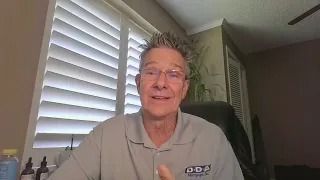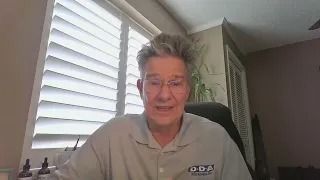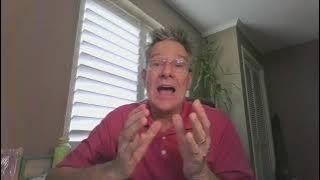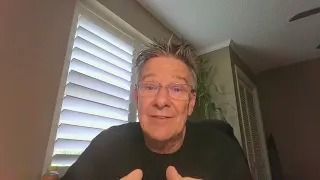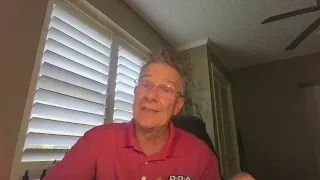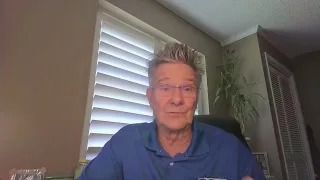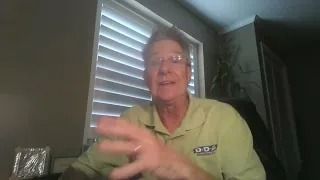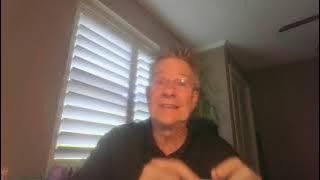Reverse Mortgage
What Is A Reverse Mortgage And Other Frequently Asked Questions
If you are 62 or older, a reverse mortgage is a great way to take advantage of the equity in your home without having to sell your home, and eliminate your monthly mortgage payment.
Want to skip the article and just talk to a professional? Call
(727) 784-5555.
What is a reverse mortgage?
A reverse mortgage loan is different than a traditional mortgage. With a traditional mortgage loan you make monthly mortgage payments, but with a reverse mortgage loan the lender pays you money through monthly installments, a one-time lump sum payment, a line of credit or a combination of a line of credit and monthly installments. The money that you receive is dependent on your age, the value of your home and the current interest rate.
You keep the title to your home. Your home is part of your estate. You are simply using the reverse mortgage to pull equity from your home.
What is the advantage of a reverse mortgage?
The biggest advantage of a reverse mortgage are the payments to you! You can receive a lump sum, monthly installments, a line of credit, or a combination of payment types.
Another advantage of a reverse mortgage loan is that you are not required to pay the loan back until the home is no longer your primary residence or you fail to maintain the home, or fail to pay property taxes and/or homeowner's insurance or do not otherwise comply with the terms of the loan.
If you’re aged 62 or older and own your home you might be eligible for a reverse mortgage loan. Contact us to find out more about reverse mortgage loans and ways to make it work for you.
Why would I avoid a reverse mortgage?
You would rather leave the equity for your heirs
Reverse mortgages allow you to pull equity from a home. Once that equity is converted to cash, it is no longer there for your heirs. When they sell they home or if they decide to keep the home, they must repay the balance of the equity owed on the home.
You live with someone who is under 62
If a borrower dies, sells their home, or moves out, the loan immediately becomes due. One solution is to list your boarders on the loan paperwork; however, no one living with you under the age of 62 may be a borrower on the reverse mortgage.
If you are planning or unexpectedly need to move
You must be healthy enough to continue dwelling within the home. If your health declines to the point where you must relocate to assisted living, the loan must be repaid in full, as the home no longer qualifies as a primary residence.
Moving into a nursing home or an assisted living facility for more than 12 consecutive months is considered a permanent move under reverse mortgage regulations. For this reason, borrowers are required to certify in writing each year that they still live in the home they're borrowing against, in order to avoid foreclosure. you’re contemplating moving for health concerns or other reasons, a reverse mortgage is probably unwise because in the short-run, steep up-front costs make such loans economically impractical.
If you would like more information about reverse loan options, contact us today! Or start your loan application.
How does a reverse mortgage work?
The FHA-insured HECM (reverse mortgage) has a formula to determine the amount you are eligible to borrow.
The amount available is dependent on several factors:
- Your age
- The value of your home
- The current interest rates and terms being offered by lenders
These factors determine your limits and the amount you can borrow. The formula represents the maximum amount FHA has determined you may borrow with a Reverse Mortgage. Note, all liens must be paid off, and any fees/costs associated with your loan must be paid off. The remaining funds can be distributed a few different ways.
- Lump Sum
- Line of Credit
- Monthly Payments
- Some combination of the three options above
The loan is due when a repayment event occurs. This may include:
- Death of the last surviving borrower on the loan
- Borrowers permanently moving out of the home
- Borrows failing to live in the home for 12 consecutive months
- Failure to pay property taxes or insurance
- Failure to maintain the property
You still have the right to sell your home at anytime. Proceeds from the sale will first payoff your current balance. The remaining funds are yours. There is no prepayment penalty.
If you would like more information about reverse mortgage loan options, contact us today! Or start your reverse mortgage application.
